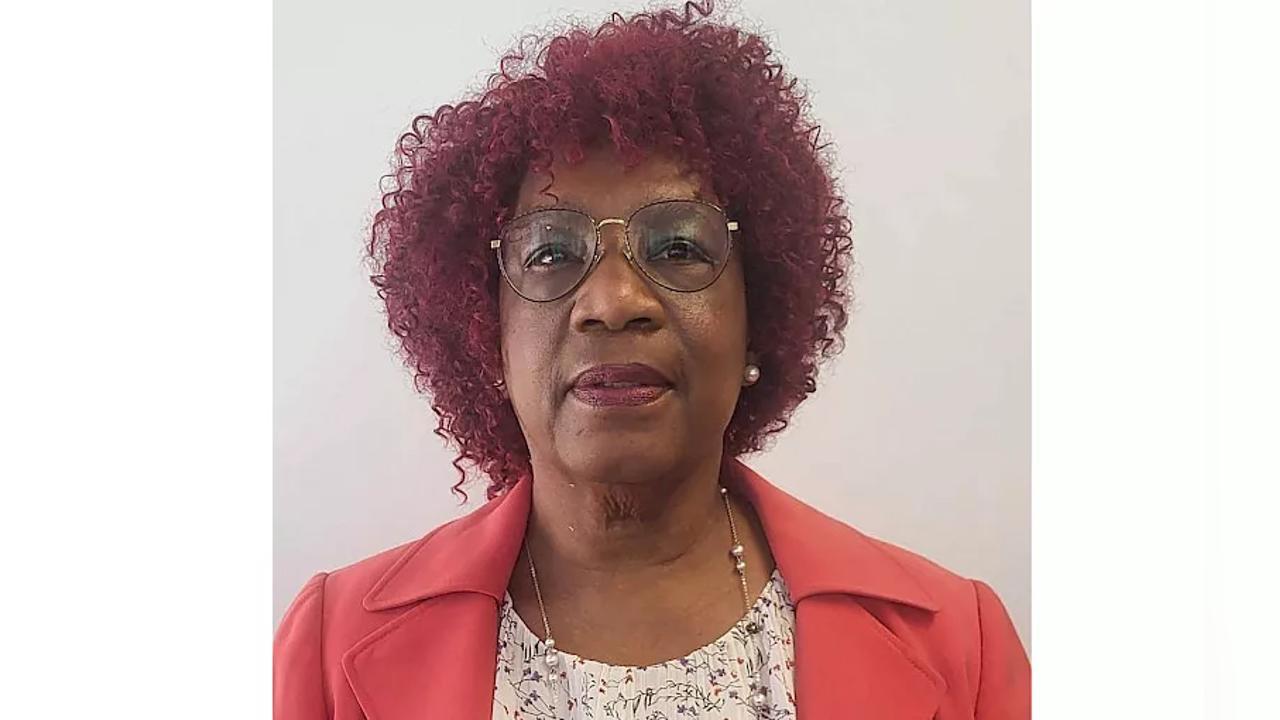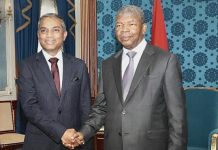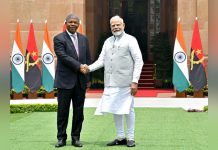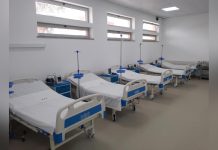Africa-Press – Angola. Angolan experts and experts from 185 States Parties to the Biological Weapons Convention (BWC) analyze, in Geneva (Switzerland), aspects linked to strategies to prevent the proliferation of this type of weaponry, as well as promoting peaceful scientific and technical cooperation.
According to a press release from the Permanent Mission of Angola to the United Nations and other International Organizations in Geneva, the meeting, taking place from the 4th to the 8th of this month, is preparatory to the meeting of the States Parties, which will take place until the next day December 15th.
Angola, which became a State Party to the BWC in 2016, is represented at the event by experts from the National Authority for Arms Control and Disarmament (ANCAD), as well as diplomats from the Permanent Mission to the UN and other international organizations.
According to the note, since its accession, the country has been working on the national capacity building process for its effective implementation.
In this perspective, ANCAD, as the national focal point of the Convention, in addition to the necessary legislative measures, also chose as a priority the presentation of the national report on confidence-building measures (CBM), a fundamental instrument for promoting international cooperation in the field of the peaceful activities of the Convention.
The meeting takes place, in an organized manner, in three specialized working groups to facilitate the preparations and discussions that will take place during the meetings.
Emphasis should be placed on groups from Eastern Europe (EEG), the Non-Aligned Movement and other States (NAM) and the West (WG).
Groups of scientific and technical experts are in charge of evaluating scientific and technological advances relevant to biological weapons, while another, called “confidence” work, is focused on structuring measures to build trust and transparency between States.
For its part, the assistance, response and preparedness group works to improve the global ability to respond to biological attacks.
The Biological and Toxin Weapons Convention (BWC) is considered a landmark in international law for prohibiting the development, production and stockpiling of biological weapons.
According to the note, the aforementioned convention reached a new milestone this year, with the accession of 185 States parties and four signatories, with some having ratified this international legal instrument that reinforces its fundamental role in global security.
The BWC review conference, held in 2022, focused on the need to evaluate the functioning of the Convention in the face of emerging challenges, which include the growth of pathogens and the accelerated development of technologies in biotechnology and life science, which potentially threaten the global biological security.
Challenges for 2023
The Convention continues to be a pillar in preventing the proliferation of biological weapons and faces significant challenges that require continued attention and international cooperation to ensure a safer and more secure future against biological weapons threats, the challenges of which are the need to strengthen international cooperation in response to pandemics and biological threats, improve verification mechanisms, and adapt to rapid changes in biology and biotechnology.
Background
This Convention was opened for signature on April 10, 1972 and entered into force on March 26, 1975. As of April 2023, the Convention has 185 States parties and four signatories. There are nations that have signed the convention but have not yet ratified it.
Meetings of State Parties are generally held in Geneva, Switzerland, where working group sessions mark crucial steps in this process.
According to the press release, the review meetings, held every five years, seek to evaluate the functioning of the Convention and adapt it to current global technological and political developments.
Implemented since the 1980s, these measures aim to increase transparency and trust between States Parties and encourage the adoption of legislative and regulatory standards to implement the prohibition of biological weapons at national level.
Mechanisms for investigating alleged use of chemical and biological weapons
The Secretary-General’s Mechanism (UNSGM) to carry out prompt investigations in response to allegations of the possible use of chemical, bacteriological (biological) and toxic weapons, which may constitute a violation of the 1925 Geneva Protocol or other relevant rules of international law customary law, was established by the UN General Assembly with resolution A/42/37 C (1987) and reaffirmed by the Security Council with resolution 620 (1988).
ANGOP
For More News And Analysis About Angola Follow Africa-Press






